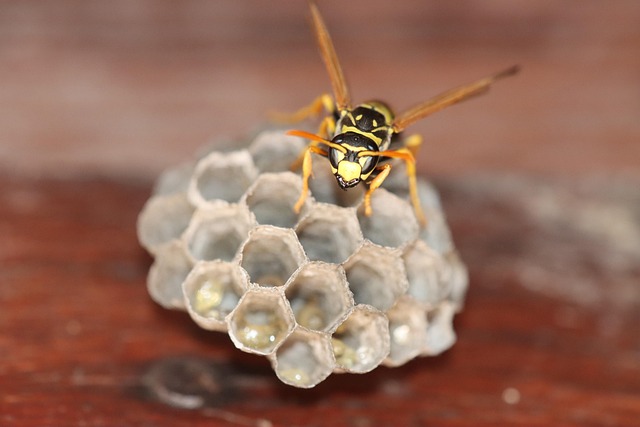Animal control services play a vital role in managing human-wildlife conflicts as urban expansion encroaches on natural habitats. They employ diverse techniques, from non-lethal deterrents to controlled trapping and relocation, to address wildlife nuisances while preserving ecosystems. Wildlife pest control addresses issues like animals entering homes or properties, with common culprits including squirrels, raccoons, opossums, and birds. Professional services offer humane and effective solutions through specialized skills, resources, and adherence to regulations. Non-lethal methods like habitat modification and visual repellents prioritize sustainability and public acceptance. Emergency services handle distressed animals, while strategic prevention measures disrupt animal life cycles. Skilled specialists ensure community safety and environmental conservation by employing humane methods to remove pests and maintain ecosystem balance.
Animal control services play a vital role in managing wildlife pest control, ensuring community safety, and preserving the environment. Understanding these services is crucial when dealing with common wildlife issues that can arise in residential or commercial settings. This article explores various aspects of animal control, including benefits of hiring licensed experts, non-lethal management techniques, emergency assistance, long-term solutions, and the positive impact on both community safety and environmental conservation.
Understanding Wildlife Pest Control: The Role of Animal Control Services
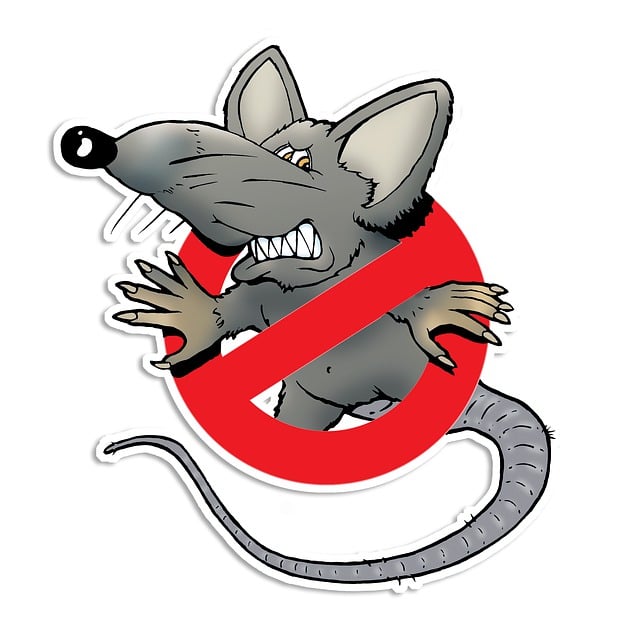
Animal control services play a pivotal role in managing and mitigating the impact of wildlife pest control issues. As human habitats continue to expand, often encroaching on natural spaces, conflicts between humans and wild animals become more frequent. These services are designed to address situations where wildlife has become a nuisance or poses a potential health risk.
Understanding wildlife pest control is essential for effective management. Animal control professionals employ various techniques, from non-lethal deterrents and habitat modification to controlled trapping and relocation, ensuring the humane treatment of animals while also protecting human property and well-being. Their expertise helps maintain a delicate balance between preserving ecosystems and addressing issues caused by wild animals in urban or suburban settings.
Common Wildlife Issues and How Professional Control Helps

Wildlife can be a delightful addition to our environment, but they can also cause significant issues for homeowners and businesses, leading to what is commonly referred to as wildlife pest control. Problems like animals entering homes, causing damage to property, or even posing health risks due to their presence are not uncommon. Common culprits include squirrels, raccoons, opossums, and various birds, each with their own unique behaviors that can be problematic when they invade human spaces.
Professional animal control services specialize in addressing these wildlife issues humanely and effectively. They employ specialized knowledge and tools to trap and remove pests without causing harm to the animals. Moreover, these experts can implement preventative measures to deter future infestations, ensuring a safer and more comfortable living environment for both residents and the wildlife. Prompt action is key; once an animal has taken up residence, it can lead to costly repairs and health hazards if left unchecked.
Benefits of Hiring Licensed and Insured Animal Control Experts
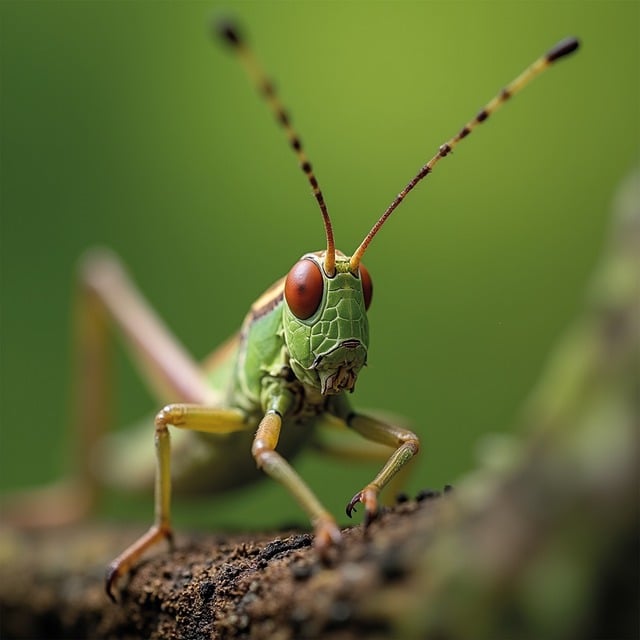
Hiring licensed and insured animal control experts offers significant advantages when dealing with wildlife pest control issues. These professionals are equipped with the necessary knowledge, skills, and resources to handle a wide range of animals safely and humanely. They adhere to strict regulations and industry standards, ensuring that any removal or prevention methods used are environmentally friendly and in compliance with local laws.
Additionally, insured experts provide peace of mind. They carry liability insurance that covers potential damages to property during the control process, as well as worker’s compensation for their team members. This protection shields clients from financial burdens and legal issues, allowing them to focus on resolving the wildlife intrusion without added stress.
Non-Lethal Methods: Humanely Managing Wildlife Conflicts
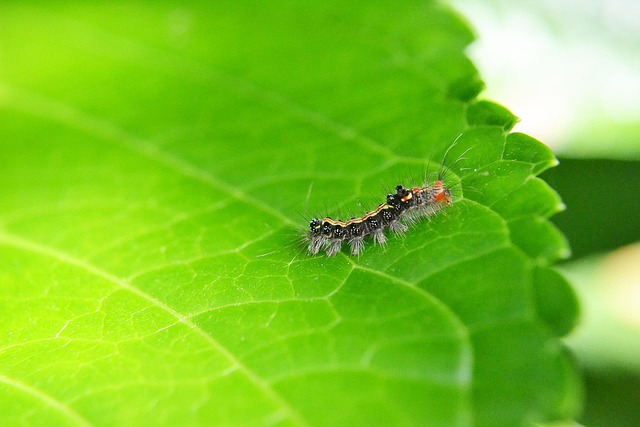
In addressing wildlife conflicts, non-lethal methods offer a humane and effective approach to Wildlife Pest Control. These strategies are designed to minimize harm while encouraging safe coexistence between humans and animals. Techniques such as habitat modification, noise deterrents, and visual repellents are among the tools employed. For instance, creating physical barriers or using scent repellents can help prevent wildlife from entering residential areas or agricultural lands.
Professional animal control services often employ these non-lethal methods due to their long-term sustainability and public acceptance. By focusing on deterrence and habitat management, these practices reduce the need for lethal force, fostering a more harmonious relationship between humans and wildlife. This approach not only preserves biodiversity but also ensures the well-being of both parties involved in potential conflict situations.
When to Call for Emergency Animal Control Assistance
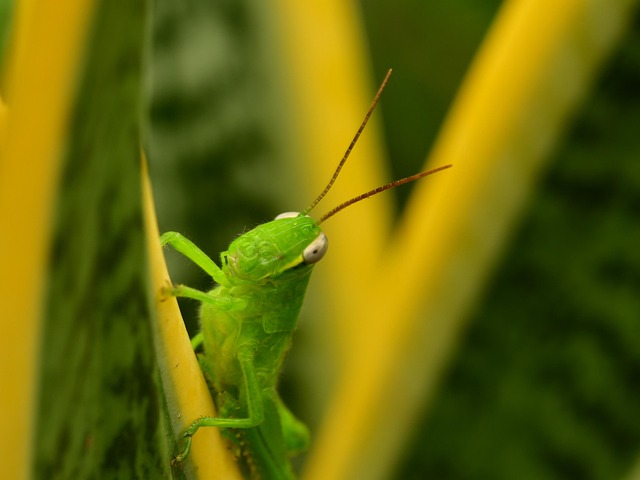
If you encounter a situation where an animal is in distress or poses an immediate threat to public safety, it’s crucial to know when to call for emergency wildlife pest control services. Animals such as wild foxes, raccoons, or even domestic pets like dogs and cats can sometimes become aggressive or trapped in perilous situations, requiring swift intervention. Emergency animal control teams are equipped to handle these critical cases.
Signs that indicate an immediate call for assistance include injured animals, those displaying unusual behavior, or those in life-threatening situations, such as being stuck in a structure or trapped in a confined space. Prompt action is essential to ensure the safety of both the animal and the public.
Preventing Future Invasions: Long-term Solutions from Professionals
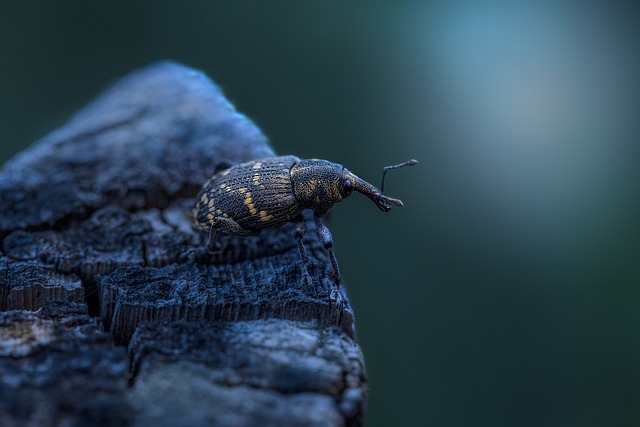
Preventing future invasions requires a strategic approach, and that’s where professional wildlife pest control services shine. These experts offer long-term solutions tailored to specific environments, ensuring that unwanted critters don’t return. By assessing the unique challenges of each location, they implement measures like sealing entry points, removing attractions, and employing repellents or exclusion methods. Such comprehensive strategies disrupt the animals’ life cycles, deterring them from reclaiming the area.
Professionals also provide valuable knowledge about local wildlife behaviors, offering insights that homeowners can use to maintain a barrier against future invasions. Regular inspections are another key component, allowing for early detection of potential issues and minimizing damage over time. This proactive approach not only saves property owners from recurring problems but also promotes harmonious coexistence with the natural world.
Community Safety and Environmental Conservation through Professional Wildlife Management

Professional wildlife management plays a crucial role in maintaining community safety and conserving the environment through effective wildlife pest control. In many urban areas, animals like rats, squirrels, and even snakes can pose significant risks to public health and property. Skilled wildlife control specialists employ humane methods to remove these pests, preventing potential dangers such as disease transmission or structural damage.
By implementing tailored management strategies, professionals ensure the balance between human habitats and natural ecosystems. This involves carefully monitoring animal populations, identifying invasive species, and using eco-friendly techniques for relocation or deterrence. Such practices not only safeguard communities but also preserve biodiversity, highlighting the vital connection between effective wildlife pest control and environmental conservation.
